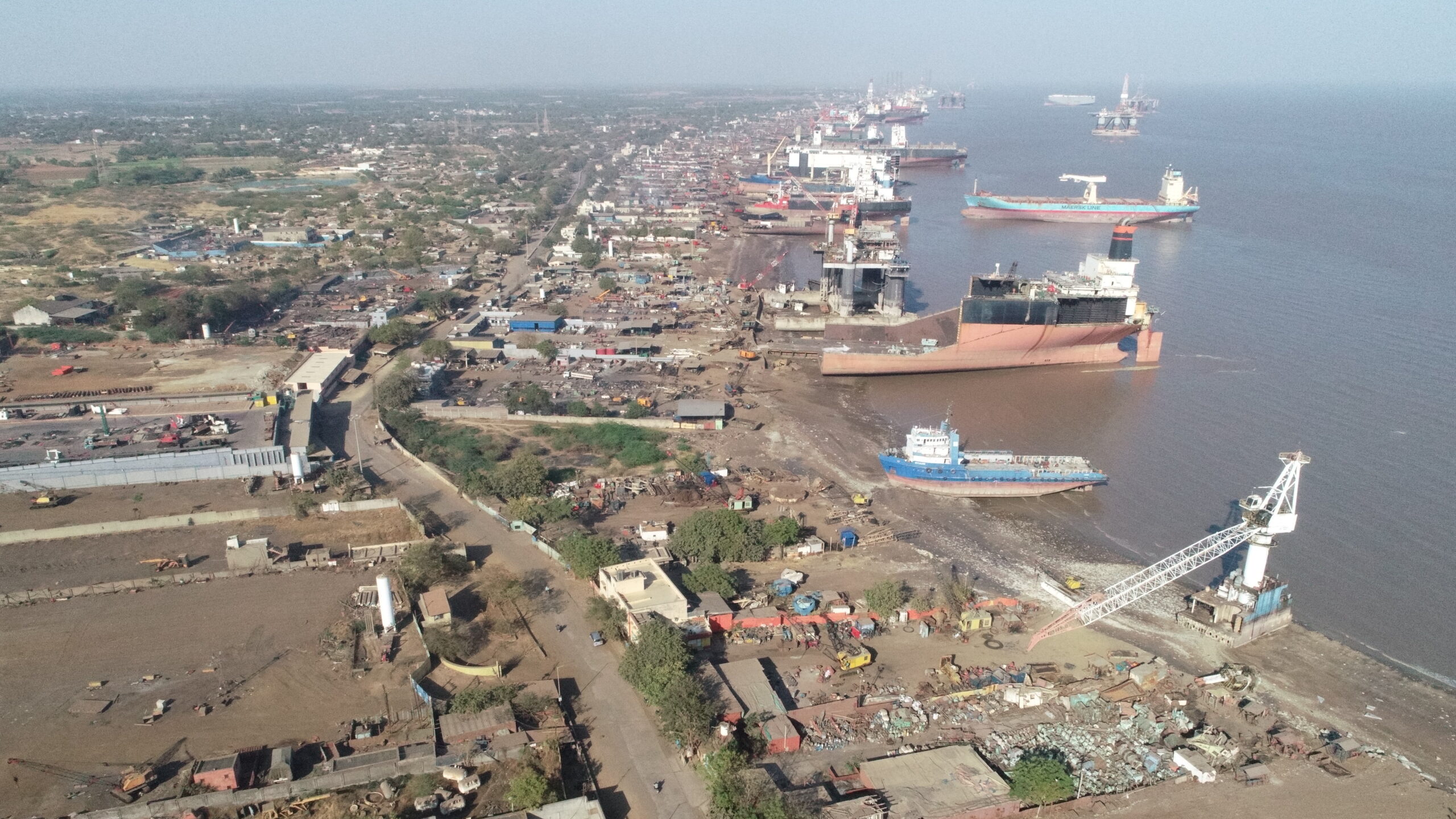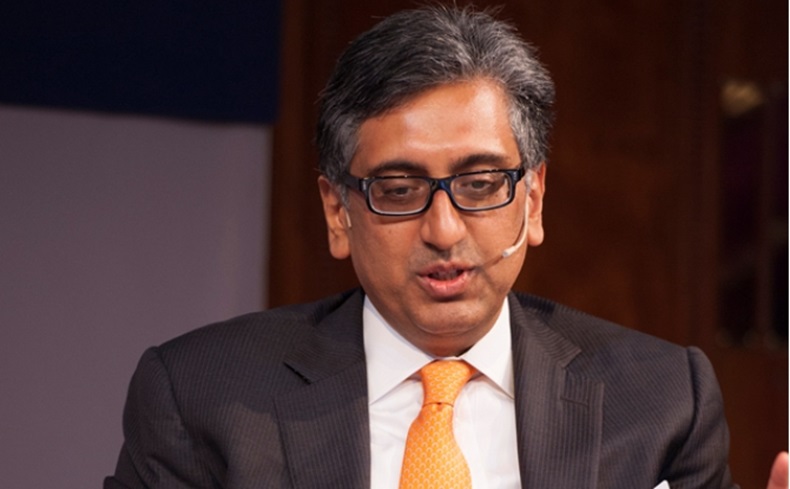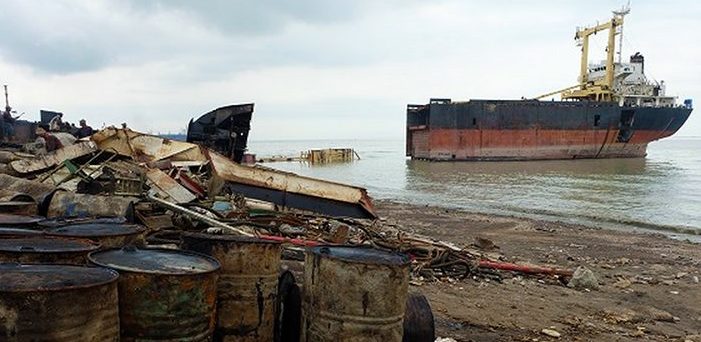Gujarat Maritime Board and EY Host Strategic Workshop on Cruise Tourism Policy in Mumbai

Mumbai, In a concerted effort to advance Gujarat’s standing in India’s burgeoning cruise tourism sector, the Gujarat Maritime Board (GMB), with EY as the Knowledge Partner, successfully organized a high-impact stakeholder consultation workshop titled “Cruise Tourism Policy of Gujarat: Unlocking Gujarat’s Potential for Cruise Tourism Growth” at The Lalit, Mumbai. The workshop marked a significant step in formulating a forward-looking, inclusive cruise tourism policy, with over 100 stakeholders in attendance, representing a vibrant cross-section of the maritime, shipping, infrastructure, and tourism sectors.
The event brought together leading policymakers, industry captains, cruise service providers, port and shipping authorities, tourism experts, and infrastructure specialists to brainstorm strategies to catapult Gujarat into a leadership position in India’s cruise tourism industry. The session was inaugurated with a warm welcome address by Capt. Banshiva Ladva, setting a collaborative tone for the day.
As part of EY’s core organising team, one of the Master of Ceremonies expressed pride in the firm’s role in facilitating such a vital dialogue, underscoring the importance of cohesive planning and public-private cooperation in policy development.
Strategic Focus Areas and Key Insights
The workshop aimed to elicit constructive inputs from all quarters of the cruise tourism ecosystem. Key issues discussed included the development of cruise destinations along Gujarat’s extensive coastline, streamlining of immigration laws, enhancements in terminal infrastructure, digitisation of services, and positioning the state as a global cruise tourism hub. A recurring theme across sessions was the need for a future-ready cruise tourism policy — one that not only responds to current demand but is agile enough to adapt to evolving tourism patterns, global best practices, and technological advancements.
Panellists emphasised Gujarat’s strategic geographical location, its deep-rooted maritime heritage, and existing port infrastructure as distinct advantages. The need to integrate tourism with cultural and heritage assets such as Dwarka, Somnath, and Diu was also discussed as a means to create compelling itineraries for both domestic and international tourists.
Participation of Eminent Officials and Industry Leaders
The workshop saw participation from high-ranking government officials, including:
-
Rajiv Jalota (IAS) – Chairman, Mumbai Port Authority
-
Ashwani Kumar (IAS) – Chairman, Gujarat Maritime Board
-
Rajkumar Beniwal (IAS) – Vice Chairman, Gujarat Maritime Board
-
Sushil Kumar Singh (IRSME) – Joint Secretary, Ministry of Ports, Shipping and Waterways
-
Vikas Narwal (IAS) – Director of Ports, Gujarat
-
Saidingpuii Chhakchhuak (IAS) – CEO, Gujarat Maritime University
-
Krishnaraj R (IPS) – DIG Immigration, Mumbai
-
Capt. Santosh Darokar – Nautical Advisor
Their participation not only lent credibility but also enabled stakeholders to directly communicate their expectations from the government and regulatory bodies. Senior officials from the Indian Ports Association and the Ministry of Ports, Shipping and Waterways also added to the depth of the discussions.
From the industry, notable names such as BSM Cruise Services, J M Baxi Group, DP World, Zaiton, and Akshar Group joined the consultation. Stakeholders like Nalini Gupta, a leading voice in Indian cruise tourism, and Indian Cruise Connoisseurs offered crucial insights from the operator and customer perspectives.
Core Themes and Recommendations
Among the most important takeaways from the workshop were:
-
Policy Modernisation: Participants called for an inclusive policy framework that caters to tourists of all nationalities, ensuring seamless experiences from arrival to departure.
-
Destination Development: There was a shared consensus on the urgent need to develop new cruise tourism circuits within Gujarat, focusing on untapped coastal destinations.
-
Infrastructure Readiness: Upgrading terminal infrastructure, both in terms of physical capacity and digital connectivity, was deemed essential to facilitate large-scale cruise operations.
-
Immigration and Security: The workshop underscored the need to streamline immigration laws and procedures at cruise terminals to ensure swift processing without compromising national security.
-
Public-Private Partnerships (PPPs): Stakeholders advocated for a PPP-based model to drive investment in cruise terminal development, amenities, and last-mile connectivity.
A Vision for the Future
The workshop was not only a forum for discussion but also a catalyst for concrete action. It enabled Gujarat Maritime Board and its partners to gather on-the-ground intelligence from key players across the value chain. EY, as the Knowledge Partner, played a central role in synthesising the discussions into actionable insights that will guide the finalisation of Gujarat’s Cruise Tourism Policy.
The workshop also aimed to foster sustained collaboration and bridge existing gaps between policy, industry needs, and execution. This collective vision is in line with the Government of India’s broader objectives under the Sagarmala initiative and the Maritime India Vision 2030, both of which emphasise cruise tourism as a priority growth area.
As India aspires to become a global cruise tourism destination, Gujarat is strategically poised to take a leading role, thanks to its robust port infrastructure, rich cultural tapestry, and progressive maritime governance. The stakeholder consultation workshop hosted in Mumbai served as a launchpad for Gujarat’s ambition, bringing together key minds to co-create a roadmap for a thriving cruise tourism ecosystem.
Through strategic planning, stakeholder engagement, and public-private synergy, Gujarat is set to not only unlock but also amplify its potential in the cruise tourism sector, marking a significant milestone in the state’s maritime journey.
Author: shipping inbox
shipping and maritime related web portal








